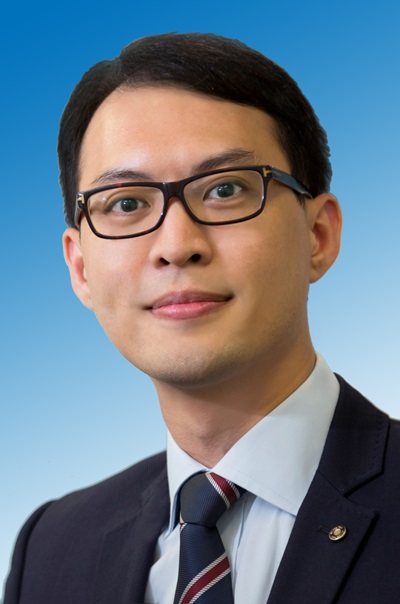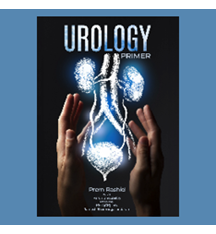2024 | Volume 25 | Issue 6

Professor Eric Chung
Professor Eric Chung, FRACS, has made history as the youngest president-elect of the International Society for Sexual Medicine (ISSM). His recent appointment is a significant milestone, as he is the first surgeon and urologist from Australia and the Asia Pacific region to lead this global scientific body. He also brings a bold vision for spotlighting the importance of sexual health and sexual medicine within the overall healthcare system.
Professor Chung sees his role as an opportunity to highlight sexual health’s integral role within medicine, and to spotlight RACS on a global stage. “RACS has done a remarkable job in engaging a younger generation of surgeons,” he says. “This new role gives me the chance to elevate RACS on the global stage, advance our collaboration on international health initiatives and empower the younger generation to strive for clinical excellence.” By leveraging his position, Professor Chung aims to foster partnerships that align Australian expertise with international efforts, underscoring RACS commitment to comprehensive patient care in a holistic and personalised manner.
Championing sexual health’s broader impact
At the ISSM, Professor Chung will oversee an organisation of more than 4000 members from 125 countries across seven regional affiliated societies. ISSM will push for an expanded, interdisciplinary focus within sexual medicine to include clinicians, psychologists, sexologists, researchers, and other healthcare professionals who are devoted to best evidenced sexual health practice to provide the best possible care to their patients.
“I hope to increase diversity and geographical equity so that both majority and minority stakeholders from diverse backgrounds are represented,” he says.
As president-elect, he aims to promote sexual health as integral to patient care. “Sexual medicine isn’t just about sex—it’s crucial to overall health. It affects everything from cardiovascular to mental wellbeing and overall physical health.”
After all, epidemiological studies have highlighted that the presence of erectile dysfunction can be an early marker of cardiovascular disease.
Breaking cultural taboos
Professor Chung is advocating for greater inclusivity, which means breaking down socio-cultural taboos in Australia and especially across non-western countries, where sexual health topics are often culturally sensitive. He is committed to increasing awareness and education—both in clinical circles and the broader community. “By collaborating with RACS and leveraging social media, we can share compelling evidence on sexual health, emphasising its importance to overall health leading to improvement in various quality of life domains,” he says.
According to the literature, around 30 to 40 per cent of adult men in Australia experience sexual dysfunction, with numbers rising due to ageing and medical conditions. However, the figures are likely higher for women, many of whom view these issues as a natural part of ageing.
One of Professor Chung’s key objectives is to address the under-reporting of female sexual dysfunction, a subject often overlooked within medical communities. “Female sexual health is more complex, under-researched and has limited effective treatment options compared to male sexual health,” he says.
He also aims to work with universities and scientific organisations to incorporate a more comprehensive sexual health education into the curriculum given the current issues surrounding sexuality and sexual health in the current digital environment. This will align with the community’s evolving needs and prepare future healthcare professionals for a contemporary evidence-based approach to patient care.
Vision and evidence-based leadership
Professor Chung’s clinical expertise and strategic vision make him a strong and effective leader for ISSM. His presidency marks an important milestone for Australian surgery and a new chapter for global sexual health, emphasising its essential role in overall health and wellbeing.
As he embarks on his two-year term as president-elect, he will continue his six-year journey as part of the ISSM core leadership team. In his new role, he will be able to guide various ISSM initiatives, focusing on evidence-based clinical guidelines and a more inclusive and diverse framework that recognises the needs of underserved and minority populations globally.
Professor Chung balances his international responsibilities with his clinical practice and academic role as a professor of surgery at the University of Queensland. His passion for urology began as a medical student at the University of Melbourne, inspired by a profession that offers effective medical treatments and surgical interventions with significant quality-of-life improvements for patients. He was also drawn to the profession's potential for a rewarding work-life balance.

